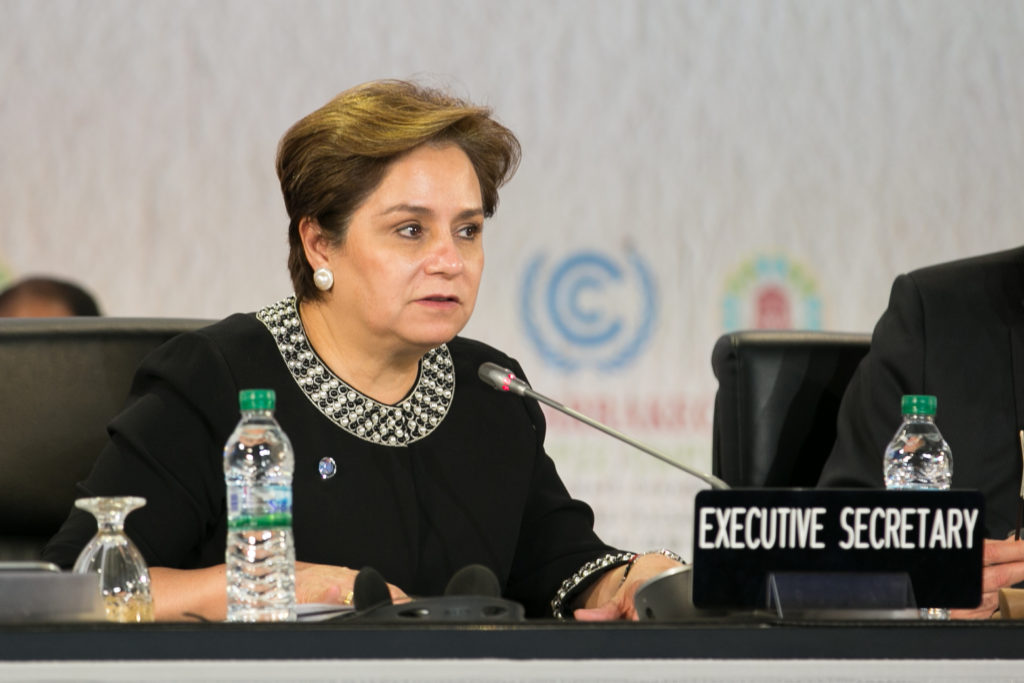At last month’s UN Climate Change Conference COP26 in Glasgow, governments adopted the 10-year Glasgow work programme to further strengthen the implementation of Action for Climate Empowerment (ACE), which has six elements: climate education and public awareness, training, public access to information, public participation, and international cooperation on these matters.

Through the Glasgow work programme, countries and companies are for example to be put in a better position to build an appropriately skilled workforce for the just transition to low-carbon, climate-resilient economies and societies and university graduates are to be enabled to understand how their chosen profession can contribute to the cause of and solutions to the climate crisis.
In addition, the voting public can evaluate the soundness of government climate policy decisions; media outlets are empowered to provide reliable, science- and fact-based information on climate change; and consumers of that information can readily distinguish facts from falsehoods.
Patricia Espinosa, UN Climate Change Executive Secretary, said: “The strengthened Glasgow work programme on ACE reflects a growing understanding that to keep the Paris Agreement goals of holding global average temperature rise to as close as possible to 1.5°C within reach, everyone, across all walks of life, needs to understand the causes and impacts of climate change, and be educated and empowered to contribute to the solutions.”
Activities under the work programme are focused on four priority areas that aim to address gaps and challenges in implementing the six elements of ACE and to create opportunities to accelerate implementation. In 2022, countries will further elaborate on these priority areas by identifying immediate and time-bound activities within each priority area. The four priority areas are:
- Policy coherence, to strengthen coordination of ACE work at the international and national level;
- Coordinated action, to build partnerships that bring together different expertise, resources and knowledge to accelerate ACE implementation;
- Tools and support, to enhance access to tools and support for building capacity and raising awareness among various stakeholders regarding ACE;
- Monitoring, evaluating and reporting, to strengthen monitoring, evaluation and reporting of the implementation of all six ACE elements.
The Glasgow work programme reconfirms the key role that a broad range of stakeholders, such as national and sub-national governments, educational and cultural institutions, the private sector, international and non-governmental organisations, and the media, play in implementing ACE, and promotes cooperation, collaboration and partnerships among the diverse stakeholders.
For instance, the “Action for Climate Empowerment Hub“, financially supported by the government of North Rhine-Westphalia, is due to commence on January 1, 2022 and will provide capacity building, tools and knowledge to governments and a broad range of other stakeholders across the world, so that they can better engage the public, including young people, in climate action. This initiative follows on from the ACEAT initiative that aims to rethink and reorganise ACE to empower all members of society to engage in climate action.
The Glasgow work programme recognises the critical role of youth, as well as their right to engage in decisions and action on climate change. Countries are encouraged to build the capacity of youth to embark on and lead ACE implementation, and to promote youth participation in relevant climate processes at the national and international levels. In 2022, the annual ACE dialogue will focus on the engagement of children and youth in implementing the Glasgow work programme.
